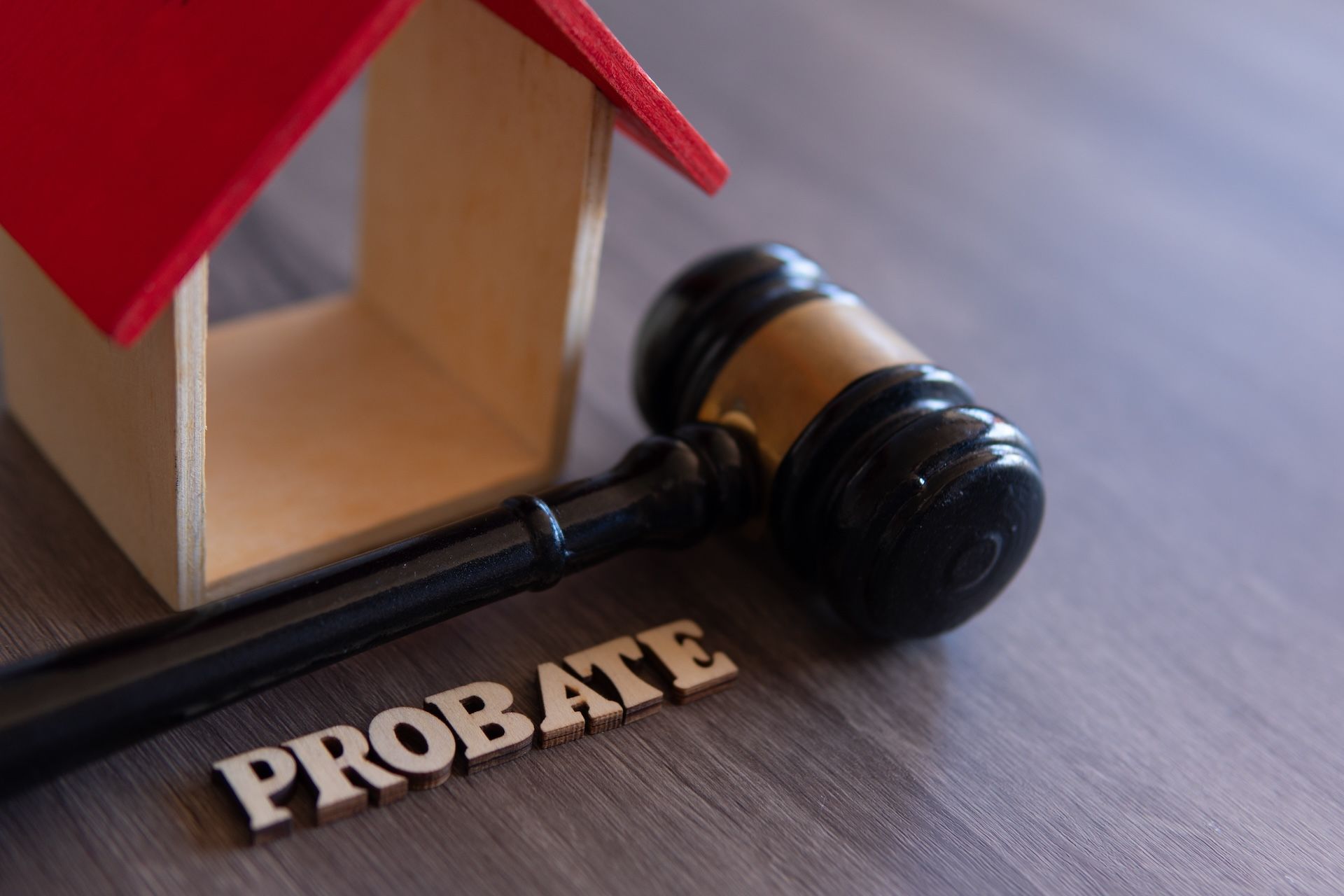Property of a Family Limited Partnership Should Not be Included in a Decedent’s Estate

Estate of Kelly v. Commissioner T.C. Memo 2012-73
The Tax Court held that property of a family limited partnership should not be included in a decedent’s estate even when the decedent owned all of the ownership interest in the corporate general partner and even when a management fee was paid to the corporation which on its terms could have been used to pay the decedent’s living expenses, if necessary.At the time of the decedent’s death, she owned 100% of the corporate general partner, owned a 99% limited partnership interest in the quarry partnership and a 33-35% limited partnership interest in two of the other three partnerships that she created less than two years before her death. The Executors reported her ownership interest in the various entities on the decedent’s estate tax return. After auditing the estate tax return, the Internal Revenue Service assessed a deficiency of $2.2 million, asserting that the value of the assets contributed to the partnership were includible in the decedent’s estate for estate tax purposes.
Tax Court
Upon reviewing the IRS’s determination of the deficiency, the Tax Court found that decedent’s transfers of assets to the partnerships qualified for the bona fide sale exception since the decedent had legitimate and significant nontax reasons for creating the partnerships. Moreover, the Tax Court determined that she received ownership interests in proportion to the value of the assets transferred to the partnerships.
The nontax reasons for creating the partnerships were that the family wanted to ensure the equal distribution of the decedent’s assets among the children after the decedent’s death without the family having to resort to costly litigation. Additionally, the partnerships all had legitimate liability protection aspects as the partnerships protected the family from liability concerns with respect to the real properties.
The Tax Court noted that the petition referenced estate tax savings as the basis for establishing the partnerships and making the transfers, but found that there was no evidence that tax savings actually motivated the transaction.
The Tax Court also noted that the decedent and her children respected the partnerships as separate legal entities by observing their corporate formalities. According to the Tax Court, sufficient assets were retained outside of the partnerships for the decedent’s personal needs and that the decedent’s personal expenses were never actually paid from the management fees. Moreover, the Tax Court noted that it would have violated the fiduciary duties imposed on the general partner if the general partner to permitted the fees to be used for the decedent’s personal expenses.
Questions: attorney@jostock.us
Legal Blog/Article Disclaimer
Disclaimer: The information on this website and blog is for general informational purposes only and is not professional advice. We make no guarantees of accuracy or completeness. We disclaim all liability for errors, omissions, or reliance on this content. Always consult a qualified professional for specific guidance.








